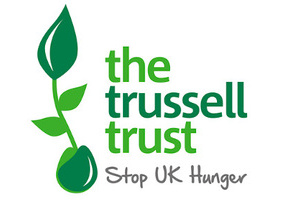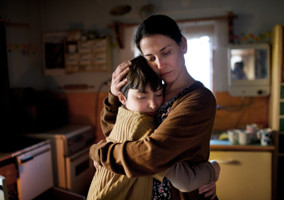Child Poverty Action Group (CPAG) and 30 other organisations are calling on the government to increase benefits by 6% in line with rising inflation costs.
The Trussell Trust, Citizens Advice, Joseph Rowntree Foundation and Age UK are just some of the charities calling for the increase.
Benefits are set to increase by 3.1% in April, but inflation is projected to be at 6% by then, CPAG has said. BBC News reported that inflation rates have not been this high for 30 years.
Robert Joyce, deputy director at the Institute of Fiscal Studies, called it “a real cut in benefits”, when giving evidence to the work and pensions committee yesterday.
Joyce explained that “by default benefits go up in line with inflation to the previous September, which in this instance would mean 3.1%”. However, “in a context where inflation rises rapidly after September, that means that really the real increase in benefits is a real cut in benefits.”
Charity professionals from Citizens Advice, The Trussell Trust and the Joseph Rowntree Foundation also spoke at the committee meeting yesterday.
The poor are ‘already drowning’
Morgan Wild, head of policy at Citizens Advice, told the committee that people in poverty are “already drowning” before this increase in living costs. Energy bills are projected to rise by almost 50% in April, with food prices to skyrocket too.
Extra measures must be put in place to protect people on low incomes against this, Wild said.
The Labour chair of the DWP committee, Stephen Timms, asked the panel about the effectiveness of the Household Support Fund, a short-term financial support scheme that began in October 2021.
Funded by the government, the money is available to local councils to allocate to people who need help people with essential costs. The scheme runs until 31 March, or until all funds have been administered. Some £300-£600 can be allocated per household.
Peter Matejic, deputy director of evidence and impact from Joseph Rowntree Foundation, called the fund a “useful adjunct to the benefits system” but said it is not “a substitute for an adequate level of benefits."
Short term support is a ‘plaster on a gaping wound’
Wild said a Citizens Advice advisor called the fund “a plaster on a gaping wound” whereby it helps people experiencing serious financial shortfalls “for a few weeks – but there’s little to address the fundamental issue”.
He continued: “It’s not a holistic solution to a cost-of-living crisis. When everybody’s costs are going up, support has to come through a general response in the benefits system,” he said. The Household Support Fund is “very welcome but it isn’t a proper response to the rising costs that people are facing,” he said.
Local advisors are very worried about what will happen at the end of March when the fund ends, Wild concluded.
Secretary of state for the Department of Work and Pensions Thérèse Coffey said “we’ve already provided support right now; the Household Support Fund is open to get help on utilities”.
Coffey added that she does not know of any plans to increase means-tested support for people in poverty. “That’s not my decision,” she said.
‘Upfront discount’ or an ‘upfront loan’ on energy bills?
Chancellor Rishi Sunak announced last week that all domestic energy customers would receive a “£200 upfront discount” on their energy bill to be repaid in £40 instalments over five years last week.
Matejic from the Joseph Rowntree Foundation said that his charity is worried about the “delayed pain” this may cause poorer recipients as this is a “bet on the future which is worrying”.
Labour leader Keir Starmer called the chancellor a “loan shark” in relation to the discount at Prime Minister’s Questions yesterday.
Policy response should be similar to 2020
Weal from the Trussell Trust presented the committee with data from the charity's 2020-21 accounts.
DWP committee member Desmond Swayne said: “There appears to have been a slight reduction in the number of emergency food bank parcels issued in the first half of the year.” He then asked whether this has been sustained.
Weal said the data Swayne mentioned, “comes before the cost-of-living squeeze and while the Universal Credit uplift was still in place”.
Since then, December 2021 was one of the busiest months for the food bank charity on record.
Weal continued: “2020-21 was a real outlier year – 2.5 million food parcels [were given out] – significantly above anything we’d seen before.
“It’s concerning that some of the data now is looking closer to that year than it is to the pre-pandemic year and we’d obviously hope to use the pre-pandemic period as a baseline as we move into a period of recovery. So, I think that’s the concern and therefore the policy response should be at a similar space to where it was in 2020 because that data’s looking similar.”
Related articles












